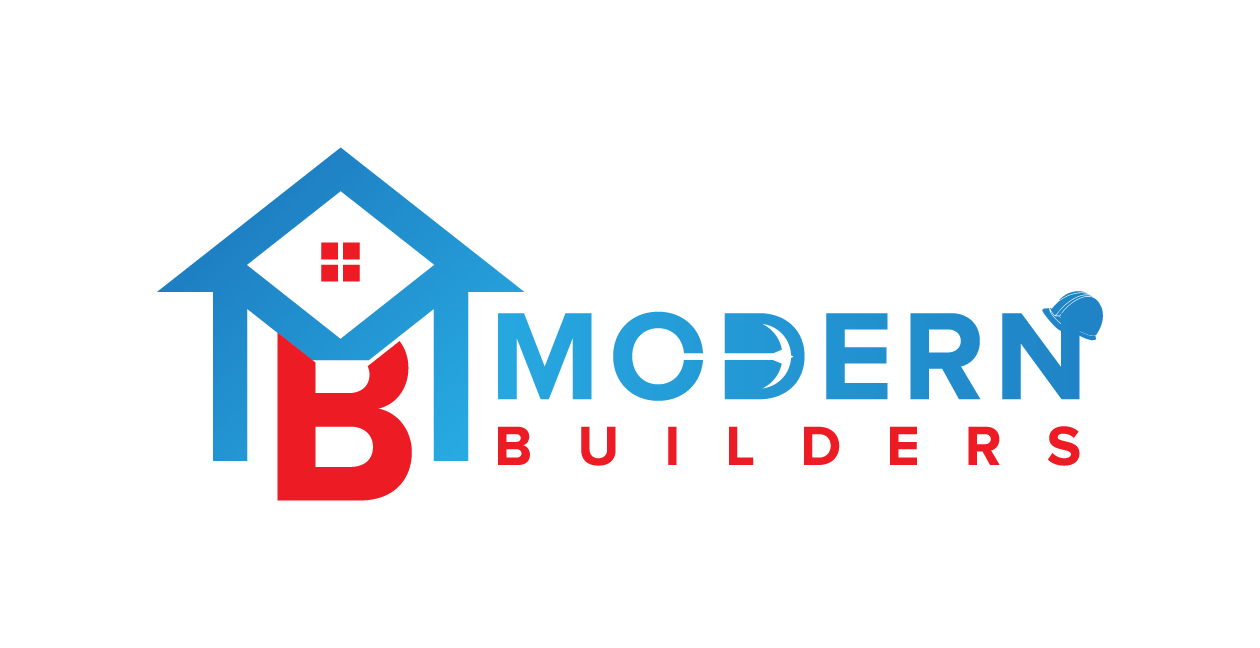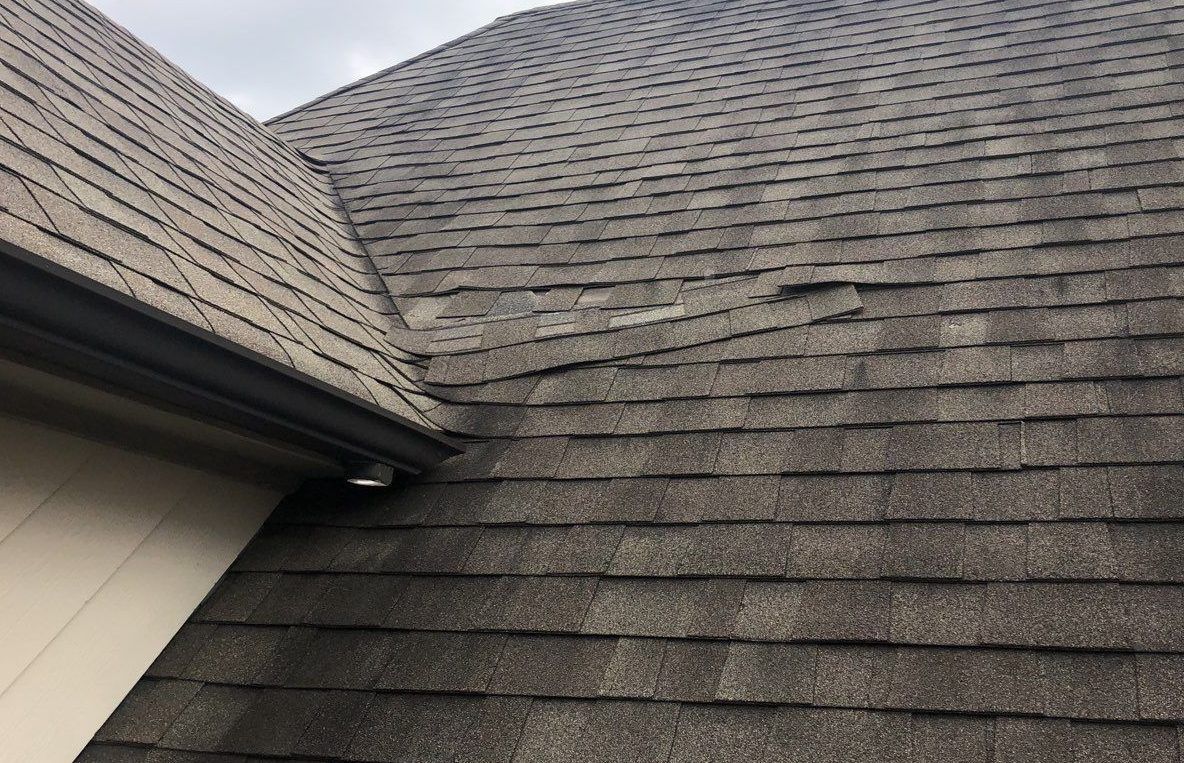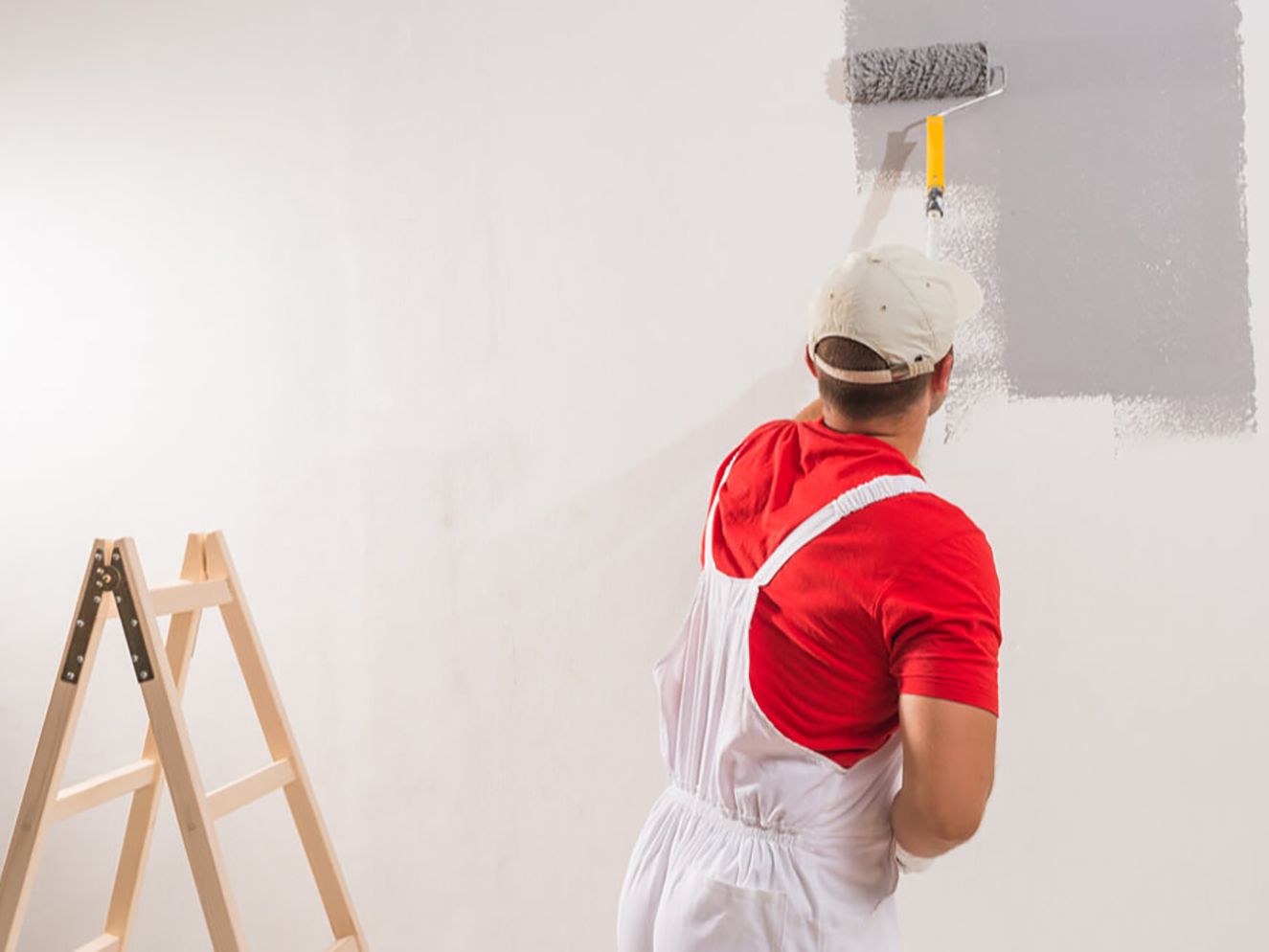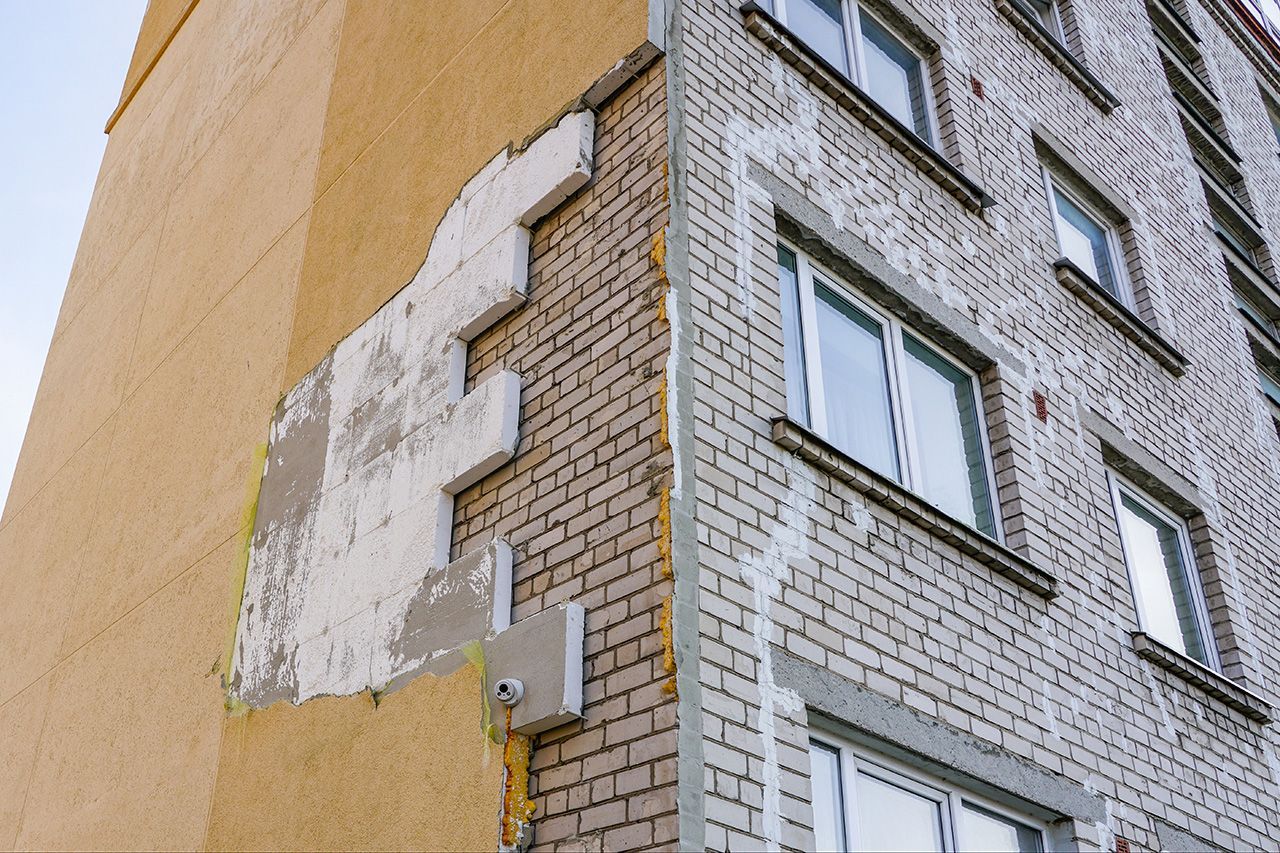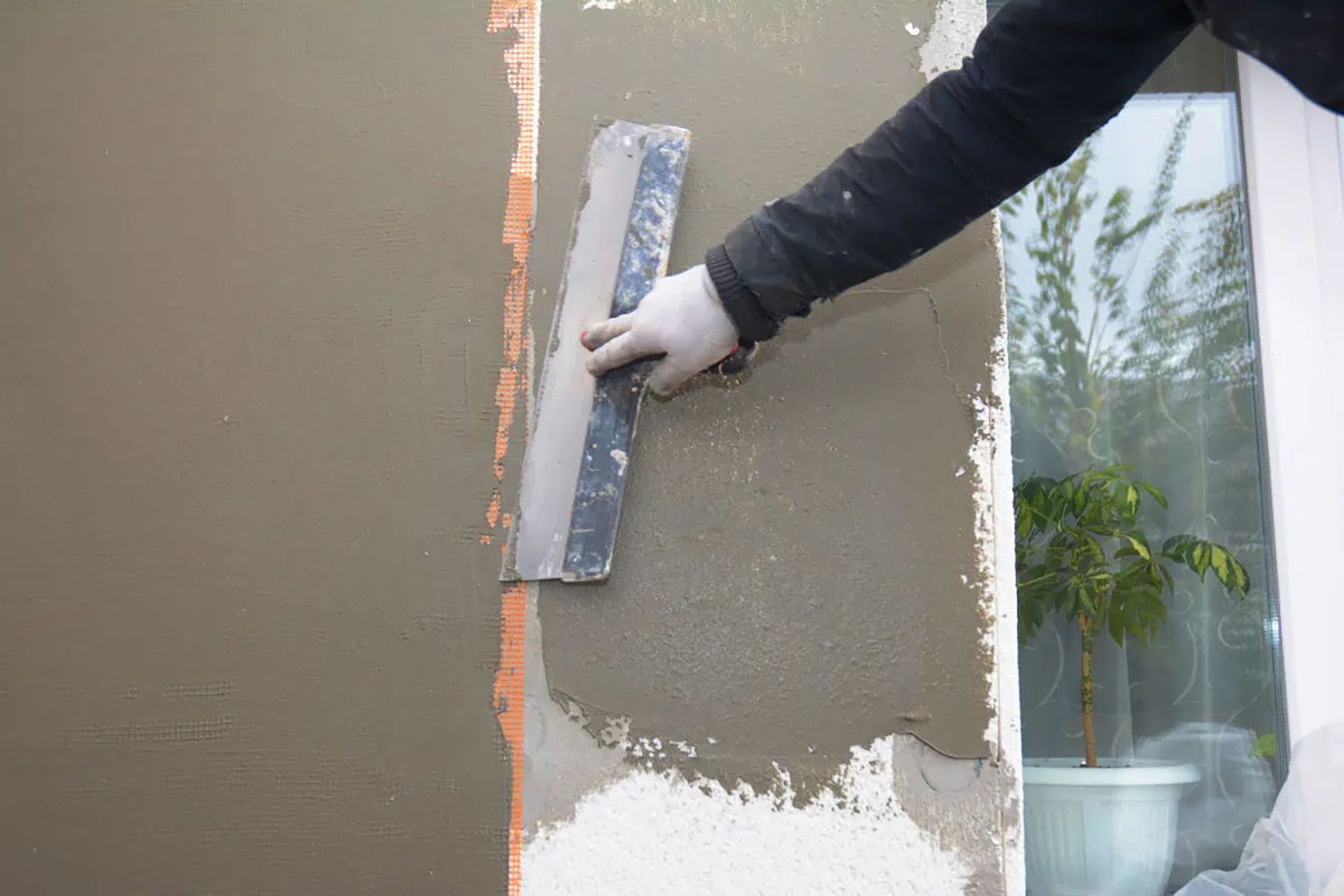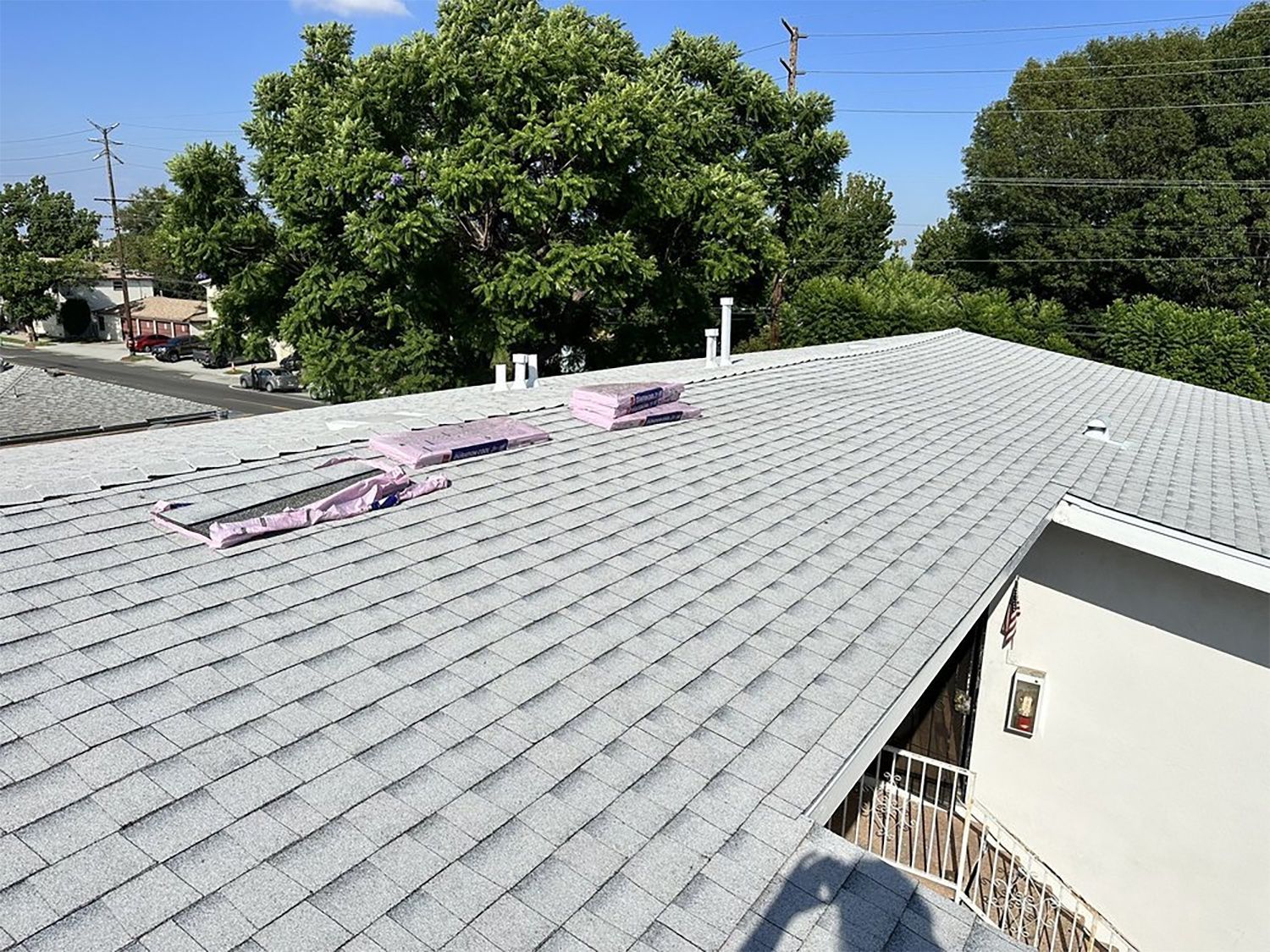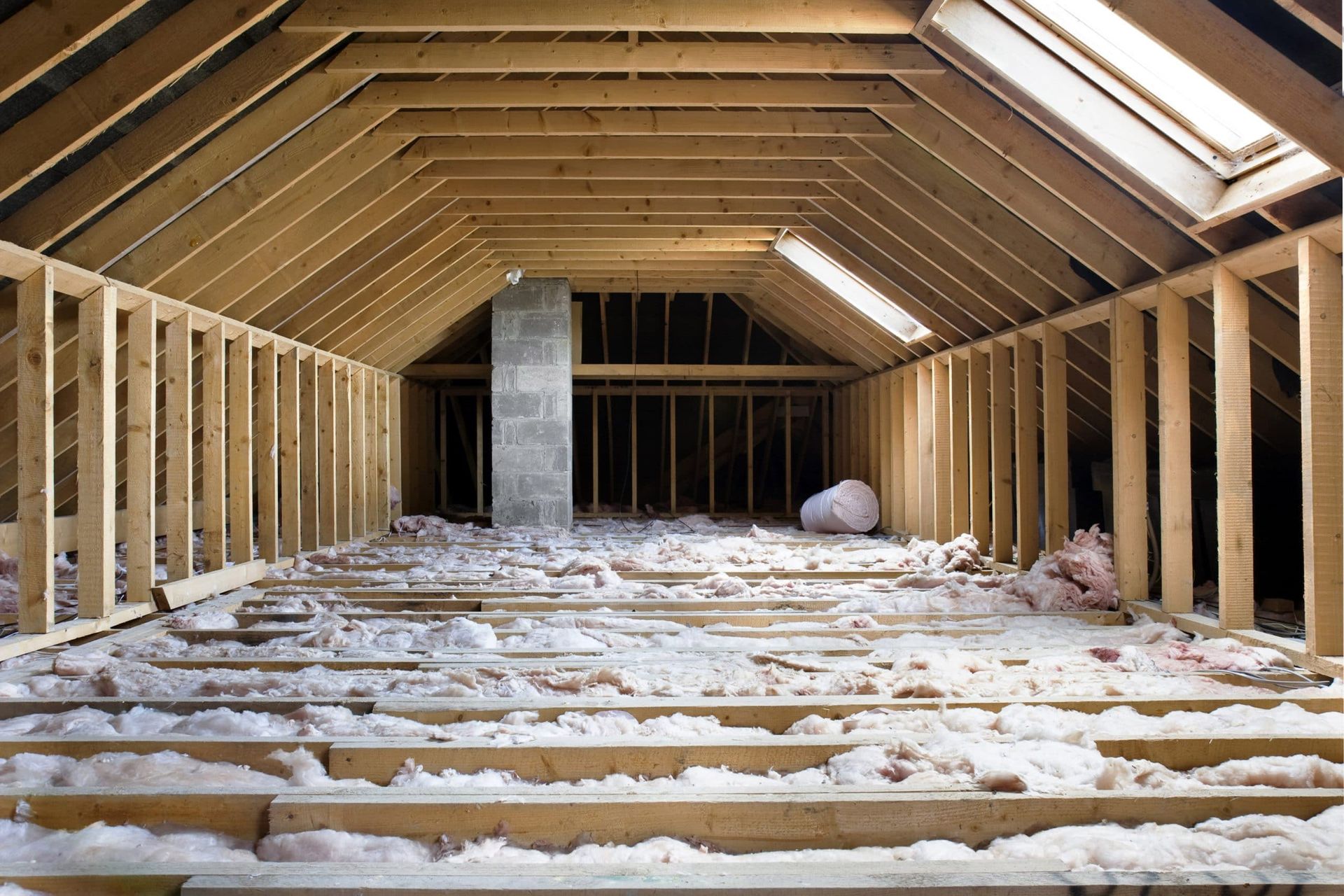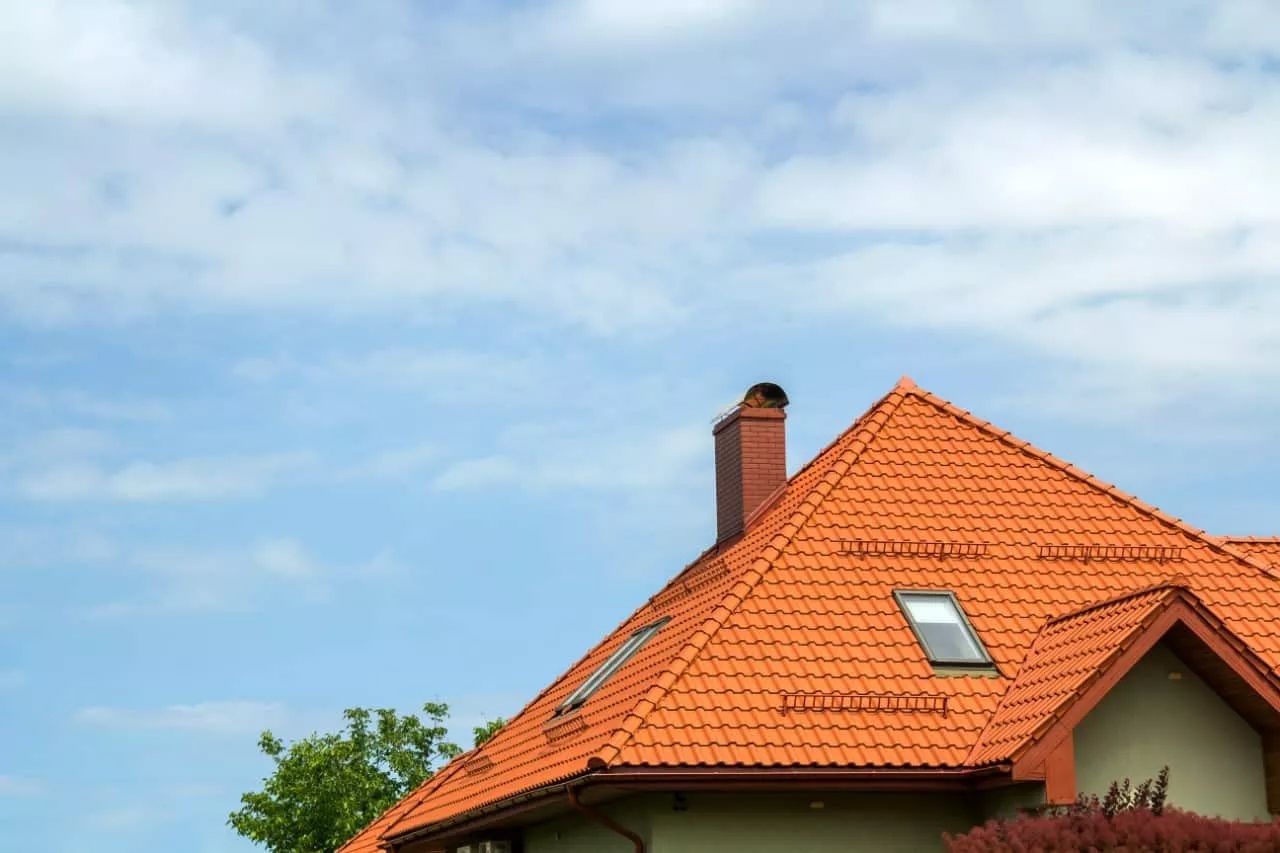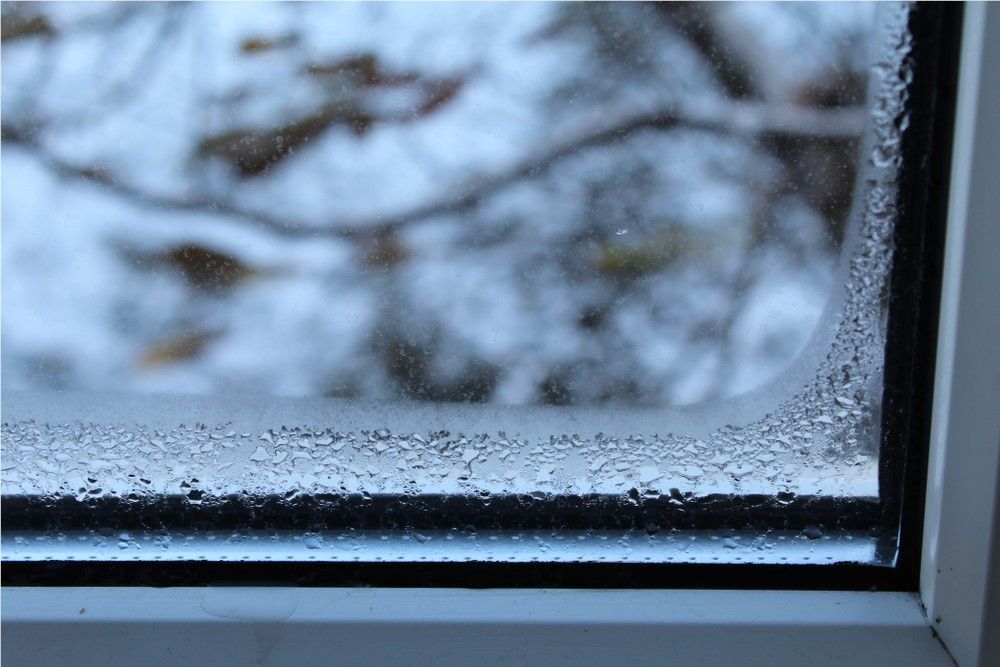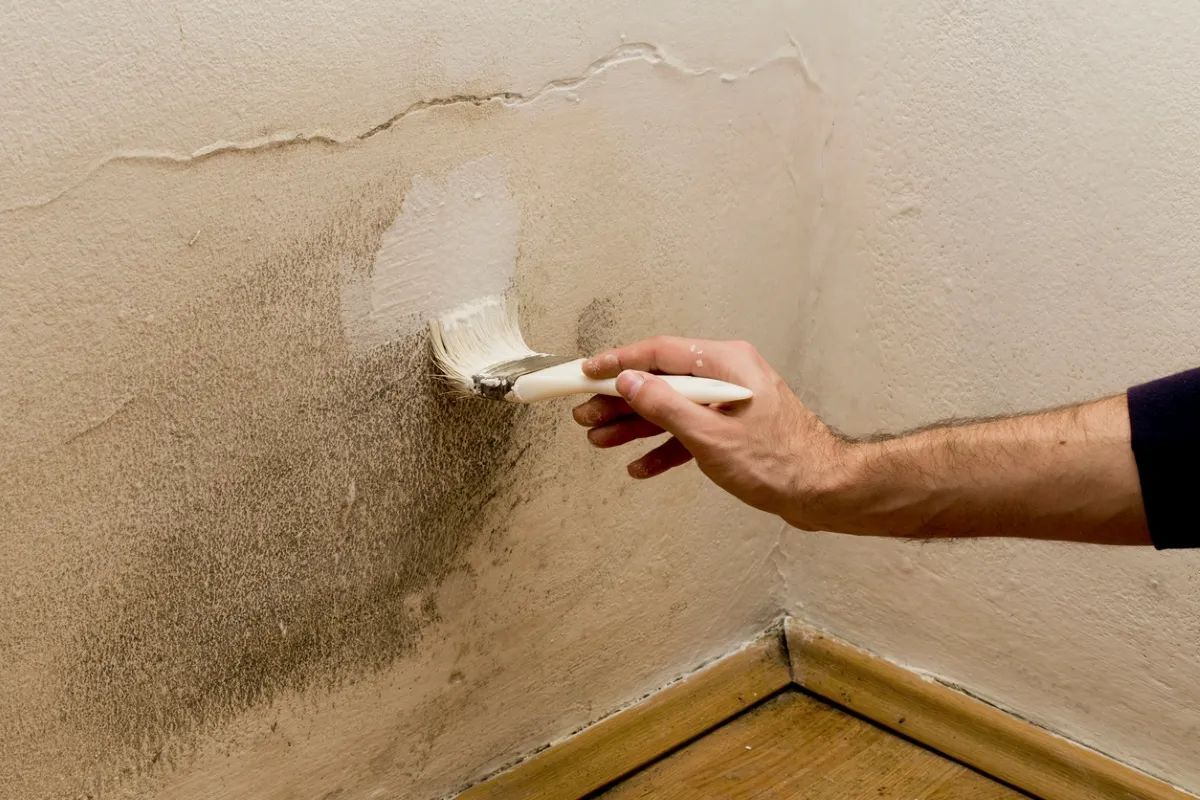Key Insights About Flat Roofs
Flat roofs are a prevalent choice for commercial buildings due to their practicality and cost-effectiveness. Understanding the benefits and characteristics of flat roofs can help you make an informed decision when considering one for your property.
Why Choose Flat Roofs for Commercial Buildings?
1. Cost-Effectiveness: Flat roofs are generally more affordable to install compared to sloped roofs. Their design requires fewer materials and less labor, reducing overall construction costs. This cost-efficiency is a significant factor for businesses looking to manage expenses.
2. HVAC Placement: One practical advantage of flat roofs is the ability to house HVAC units on the roof. This placement protects the units from potential damage and vandalism, and it is more energy-efficient, as it avoids the need to pump cool air upwards.
3. Slight Slope: Despite their name, flat roofs are not completely level. They typically have a slight slope, around 2%, to ensure proper water drainage. This subtle incline directs water either to a central drain or towards the edges, preventing water accumulation and potential damage.
Common Types of Flat Roofs for Commercial Buildings
1. Built-Up Roofing Systems (BURs): BURs are a popular and economical choice for commercial properties. They consist of multiple layers of industrial-grade materials like cloth, felt, or paper, coated with hot asphalt or coal tar. This layered approach provides excellent waterproofing and durability.
2. Modified Built-Up Roofing: This type of roofing combines layers of asphalt with polymers to create a weather-resistant barrier. It is a robust option for businesses seeking a long-lasting roofing solution that can withstand various weather conditions.
3. Single-Ply Roofing: Single-ply roofing is another cost-effective and durable option. It uses waterproof membranes made from materials such as EPDM, PVC, or TPO. These membranes can reflect up to 85% of the sun's rays, helping to keep energy costs low by reducing heat absorption.
Advantages of Flat Roofs
1. Cost Savings: The primary advantage of flat roofs is their lower installation cost. Their simpler design requires fewer materials and less labor, making them an economical choice for commercial buildings.
2. Versatile Space Utilization: Flat roofs offer additional usable space. HVAC units, solar panels, or even rooftop gardens can be installed on the roof, optimizing the available area and keeping the ground space clear.
3. Accessibility and Safety: Flat roofs are generally easier and safer to access than sloped roofs. Their stable surface allows for straightforward inspections, maintenance, and repairs, reducing the risk associated with working at heights.
Consult Modern Builders In Los Angeles County
Flat roofs are an excellent choice for commercial buildings due to their cost-effectiveness, versatility, and ease of maintenance. By understanding the different types of flat roofs and their benefits, you can make an informed decision that suits your business needs. If you're considering installing a flat roof, consult with a professional roofing contractor like
Modern Builders near Pasadena to ensure the best results and long-term performance.
2022 © Modern Builders | All rights reserved
